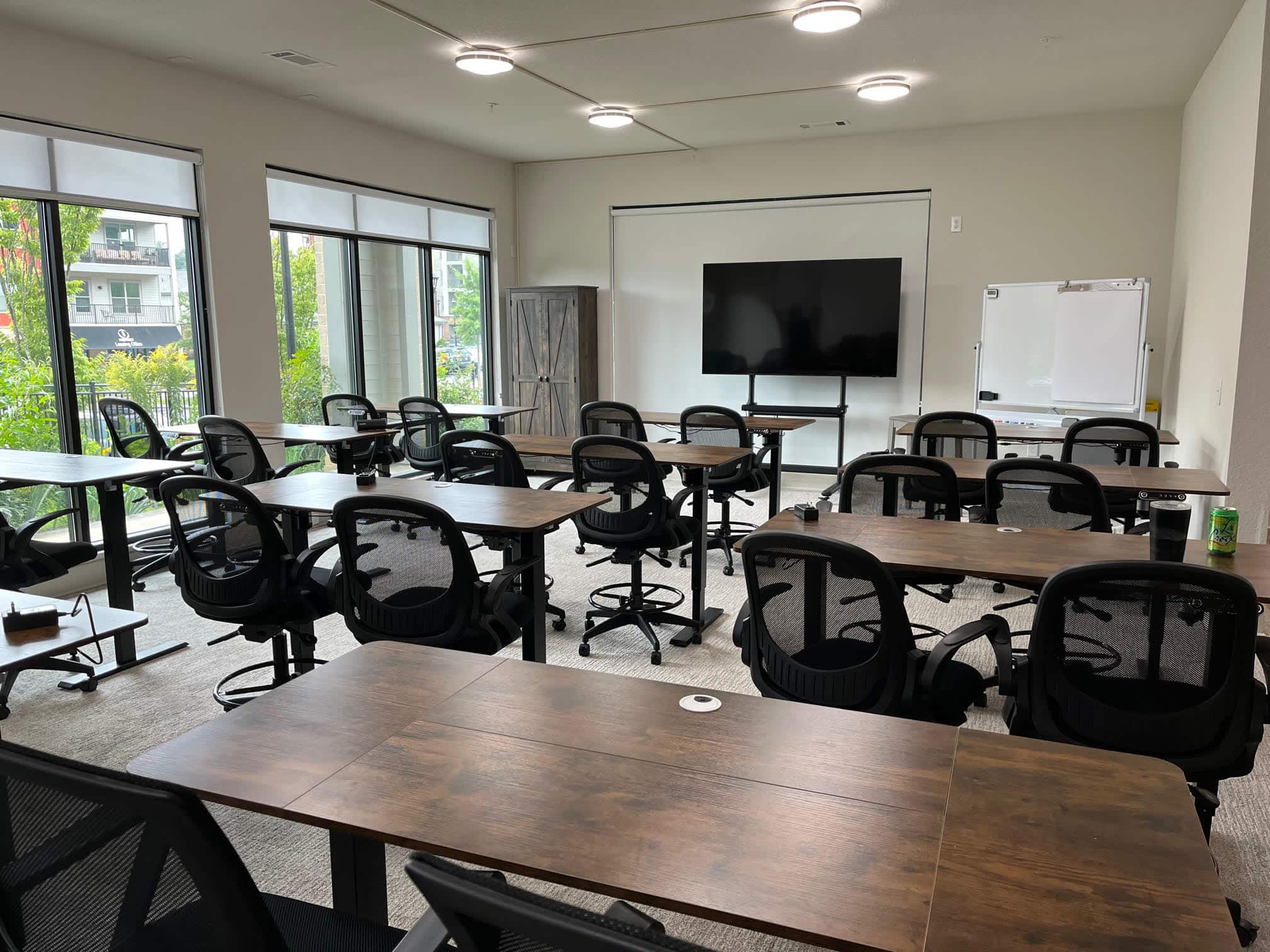You will know…
- The difference between writing to learn and writing to inform.
- Strategies for writing to learn throughout lessons.
- Steps for planning effective writing to inform assignments.
- The importance of the writing process on learning outcomes.

In a recent meta-analysis, Graham et al. (2018) investigated the effects of reading instruction on the writing quality in more than 90 studies. They found that students' interaction with text as well as reading instruction improved their specific writing skills and the overall quality of writing, leading to evidence of these learning outcomes:
Essentially, writing about a text should facilitate comprehension, providing students with a tool for visibly and permanently recording, connecting, analyzing, personalizing, and manipulating key ideas in text (Graham, 2011).
While this relationship between reading and writing is well established, it is not unusual to find explicit instruction and expectations for writing are limited to a traditional language arts classroom. This singular focus results in two significant challenges; first, the amount of time spent on writing instruction and writing for learning is limited in a school day, and second, writing across all content areas is uneven, as it is not considered a grade level learning expectation. Even when writing instruction is prioritized, teachers may infrequently apply the instructional procedures they are familiar with, including evidence-based practices and adaptations for struggling writers. This may be due to a lack of training in how to best support struggling students, or it may be from uncertainty in how to integrate writing instruction alongside grade level content standards.
This situation has led to a Writing Gap across all levels of school. The Writing Gap represents inconsistencies in instruction regarding the frequency, organization, and overall quality of writing expected from all students, especially regarding the application and transfer of new learning or critical thinking skills. It is imperative that all teachers find adaptable strategies for using writing in their content areas that are both standards-focused and developmentally appropriate for students.


Along with attending a workshop led by a Learning-Focused expert, participants will also receive the following resources and materials (valued at $105):
Wanda Humphrey brings over 32 years of experience in education, serving in roles that span from elementary classroom teacher and reading specialist to instructional coach and district literacy and social studies specialist. Throughout her career, Wanda has been dedicated to supporting both student learning and educator growth. A passionate advocate for literacy equity, Wanda works to ensure that all students have access to high-quality, effective instruction. She has collaborated closely with teachers and administrators to build meaningful learning partnerships centered around the implementation of High Yield Instructional Strategies.


Increase Critical Thinking with Writing Event: February 24, 2026 in Asheville NC
Address (click to view on map):
200 District Drive Ste 001
Asheville, NC 28803
Date:
February 24, 2026
Time:
8:30AM - 3:30PM ET

Date: Tuesday, February 24, 2026
Time: 8:30 AM–3:30 PM ET
Location: Asheville, NC
Price: $197 per person (includes materials valued at $70)
Save! Register 3 or more to save $50!
Discount automatically applied when checking out.
How many people are you registering?
K–12 teachers, instructional coaches, school leaders, and district support staff.
This event does not have any prerequisites for participating.
In the "How many people are you registering?" section above, change the quantity to how many people you want to register. Then, add each participant's name and email address in the field provided. Lastly, click Add to Cart.
You will then click on View Cart or Check Out to purchase the event registrations with a credit card or an invoice (if you are a school or district we can send you an invoice for you to pay with a check).
Registration is not complete until you check out.
As a Learning-Focused professional development participant, you may qualify for academic credit through your school or district. You may request a certificate of attendance by emailing customerservice@learningfocused.com, based on 10 hours of professional
development for this event.
Participants are responsible for their lodging and transportation. Please do not make your hotel reservation until you have received a
confirmation email from Learning-Focused. Please do not purchase nonrefundable airline tickets. If you do not receive a confirmation email within 5 days of submitting your registration, please email customerservice@learningfocused.com or call 866-955-3276 to
confirm your registration. After your paid registration has been processed you will be provided additional information about the event
location and hotels.
If you are unable to attend an event you have registered for, contact Learning-Focused through email at
customerservice@learningfocused.com or by calling 866-955-3276 no later than 30 calendar days prior to the start of the event to
request a credit that can be used for Learning-Focused products or events.
After the 30-day timeframe, you are ineligible for a credit, but you may send a nonregistered person in your place, with registration
confirmation or written authorization from you.
For all cancellations, there is a $50 processing fee.
Learning-Focused reserves the right to reschedule a session because of low registration. In the unlikely event of the institute being
rescheduled, all registrants will be notified and will receive full refunds or be able to transfer their registration to another date.